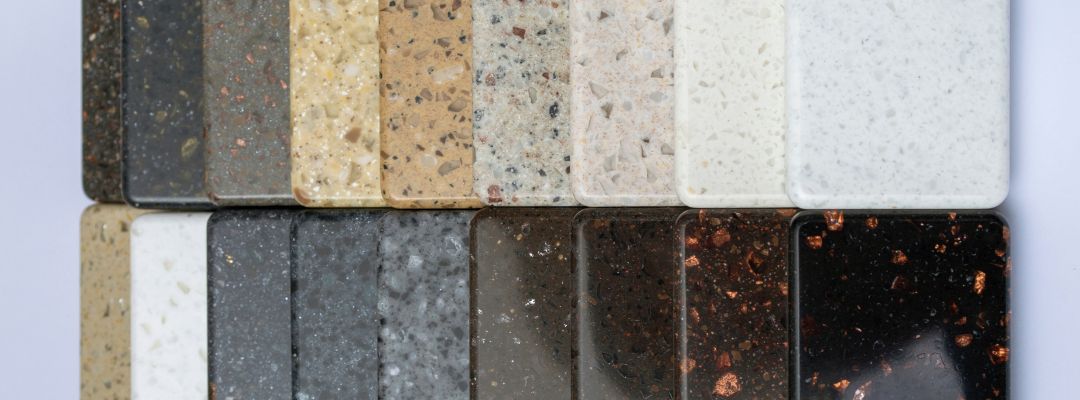
A metamorphic rock formed by the alteration of sandstone due to heat, pressure and chemical activity. The layers found within quartzite materials are very hard.
Due to the incredibly high abrasion resistance of quartzite it can be difficult to quarry and fabricate. This affects availability, fabrication lead times and cost. Some quartzites have high absorption ratings and will stain when exposed to oil and highly-pigmented liquids. Most quartzite has naturally occurring cracks and fissures.
A very dense, metamorphic rock, quartzite begins is geological journey as sand that is compressed together to form sandstone. With lots of heat, pressure, and millions of years, the sandstone fuses into a hard and incredibly durable rock. Between a 7 or 8 on the Mohs hardness scale, quartzite is by far the most durable natural stone used for countertops. Both heat and scratch resistant, it’s density makes it resistant to absorbing liquids that may cause stains in softer stones. While it does still need to be sealed, quartzite is one of the most versatile materials available. A wide array of patterns, colors, and textures keep this exotic stone in high demand.





